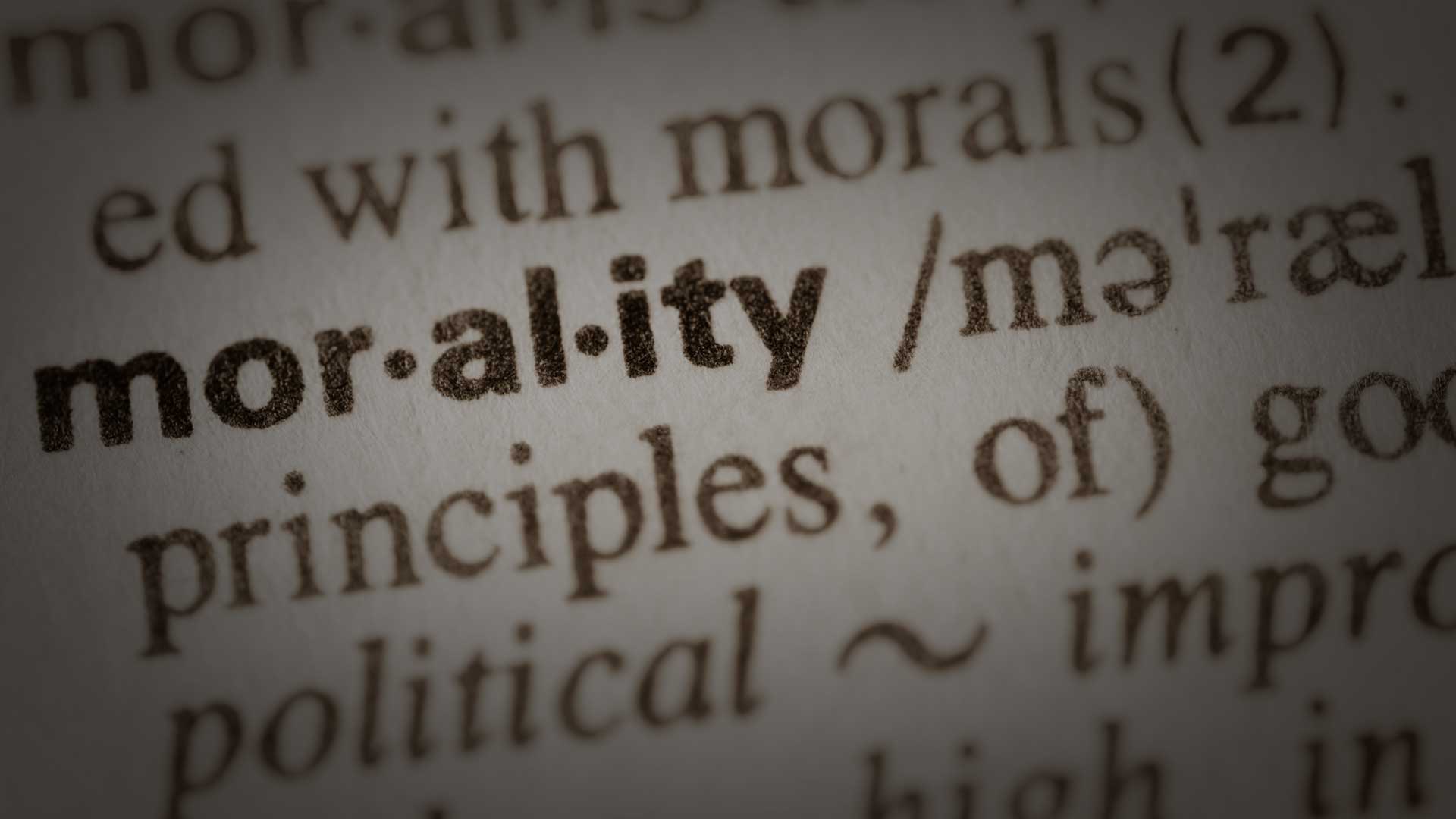In penning this essay
Allah in His Wisdom did not choose His Last Messenger randomly. Long before Allah had chosen him, Muhammad had already demonstrated his noble and sterling character. He was Al Amin, the Trustworthy, to his community. In Prophet Muhammad(P), Allah had an uswatun hasana (“the most beautiful pattern of conduct”, Surah Al Ahzab, 33:21). There are numerous Quranic verses exhorting Muslims to emulate this exemplar of a human being. Exhortations from the Holy Book aside, a man whose teachings are being followed by one in five people on this planet deserves attention.
On this Maulud al Nabi, the Prophet’s birthday, Muslims re-live the Seerah (the ways and sayings of the Prophet) to discern their meanings. As noted by the writer Adil Salahi, the best way for Muslims to demonstrate their love for the Prophet(P) is by following his teachings, not by singing his praises.
Aping Versus Emulating
Some set a very low bar for themselves, content with imitating the superficialities of the man. Thus they are reduced to sporting long beards and unshaven faces and wearing loose clothes and oversized turbans. That is the extent, nothing further. They are aping, not emulating, the prophet.
Others think they have set a higher standard by mimicking the prophet in acquiring multiple wives. They do not emulate him for his skills in trading, his reverence for knowledge, or his quest for learning. Suffice that they could imitate the prophet only in that one respect. We do what we can with what we have, so they piously assure themselves as they indulge in their worldly lust, all in the name of following the example of the Holy Prophet of course.
Alas, they are looking for lust in all the wrong Seerahs!
They conveniently forget that the prophet remained monogamous for over 25 years with his first wife, Khatijah. His subsequent marriages following her death were expressions of his charity, not lust. Thus his wives included single mothers and war widows. Other marriages were for cementing political relationships, as was the tradition then. As a leader with a considerable following, he could easily have had his groupies, if lust were his intent.
Not satisfied with the limitations of four wives at a time, and fully aware of the severe penalty for adultery prescribed in the Quran, many Muslims ingenuously resort to “temporary marriages.” Temporary as in hours or minutes, depending on their prowess! Surprisingly, there are kadhis (religious officials) who would solemnize such “marriages”, for a fee of course. In my part of the world, such individuals are called pimps.
In their obsession with the superficialities of the Prophet (P), his well-meaning admirers miss the essence of the man. This was a man chosen by Allah and who emancipated the Arabs from their Age of Jahiliyah (Ignorance), and then spread the faith that today is adhered to by over a billion people.
Leadership Through Personal Example: Qudhrat Hassanah
The leadership qualities I find most admirable were his humility, his recognition of talent, and his ability to think counter-intuitive, or “outside the box” as the current cliche would have it.
When the Prophet received his first revelation, he trembled with fear. He was fully aware of the awesome responsibility. So fearful was he that he could confide only to his wife Khatijah. In an era where females generally and wives, in particular, were mere chattels of men, that he took her in confidence was remarkable. It reflected his inner strength and confidence in judgment, regardless of the prevailing norms. He trusted and respected his wife, a rare trait in that time and place.
It also reflected his deep humility. Lesser mortals who thought they had been chosen by God would undoubtedly proclaim that fact loudly for the world to hear, a la George Bush, Jr., or Pat Robertson.
True to his humility, he preached initially only to his close family and friends. He was fully aware that his message would literally turn his society upside down, transforming it for the better. He risked dividing his community in the process. He had no desire to destroy his community in order to save it, to use a Vietnam-era maxim.
Today’s leaders would do well to emulate the Prophet?s appreciation and recognition of talent ? meritocracy in its pristine form. His closest companions, later to be Caliphs, were truly worthy of the appellation, Radhi Allah anHu (May Allah Be Pleased with them).
Recognizing the beautiful voice of the hitherto slave, Bilal, the Prophet made him call the Azzan, a singular honour. The Azzan, beautifully executed, gives me goosebumps; simply hollered, it grates on the ears.
In the early days of his mission, to spare his followers’ persecution, he arranged for them to migrate to Abyssinia for their safety. That was uppermost in his mind, a true leader. In a pivotal battle at Taif when he had the enemy under siege, he could have easily annihilated them especially considering that they had been brutal to him years earlier. Instead, listening to the counsel of his lieutenant about the fox cornered in a hole, he left them alone. You could smoke out the animal and destroy it, or you could leave it alone and it would do you no harm.
The people of Taif later embraced Islam on their own volition. The Prophet intuitively recognized that in fighting for your cause, first create no new adversaries. A simple lesson, but difficult to learn. This is a lesson the world desperately needs to learn in battling terrorism.
The Prophet(P) may have received the blessings and revelations from Allah, but he was not above listening to advice from his young subordinates.
In preaching, the Prophet was careful in ensuring that his followers memorized only the divine revelations, not his commentaries. He forbade what would be considered today as a personality cult. Had he not done so, every Muslim home would be adorned with his portrait, cities named after him, and statues erected in his honour. For added measure, Muslims would be sporting amulets bearing his name or likeness for protection and good luck charms.
The Prophet was no ordinary mortal, but a mortal nonetheless. At the theological level, this means Muslims do not believe in the reincarnation or the second coming. At the practical level, that too has significance. While Muslims duly and properly praise the prophet, we are careful not to deify the person or attribute perfection. Perfection is after all solely the attribute of Allah.
At the personal level, the fact that the Prophet is a mortal means that his exemplary qualities are within the capability of every one of us to follow. That is the beauty of our Prophet(P).
May the blessings of Allah be upon him, his family, and his Companions as we honour him on this special day of the 12th of Rabi al Awwal.
Reproduced with the permission of the author. The author’s website may be accessed at www.bakrimusa.com


Leave a Reply to Khalid Cancel reply